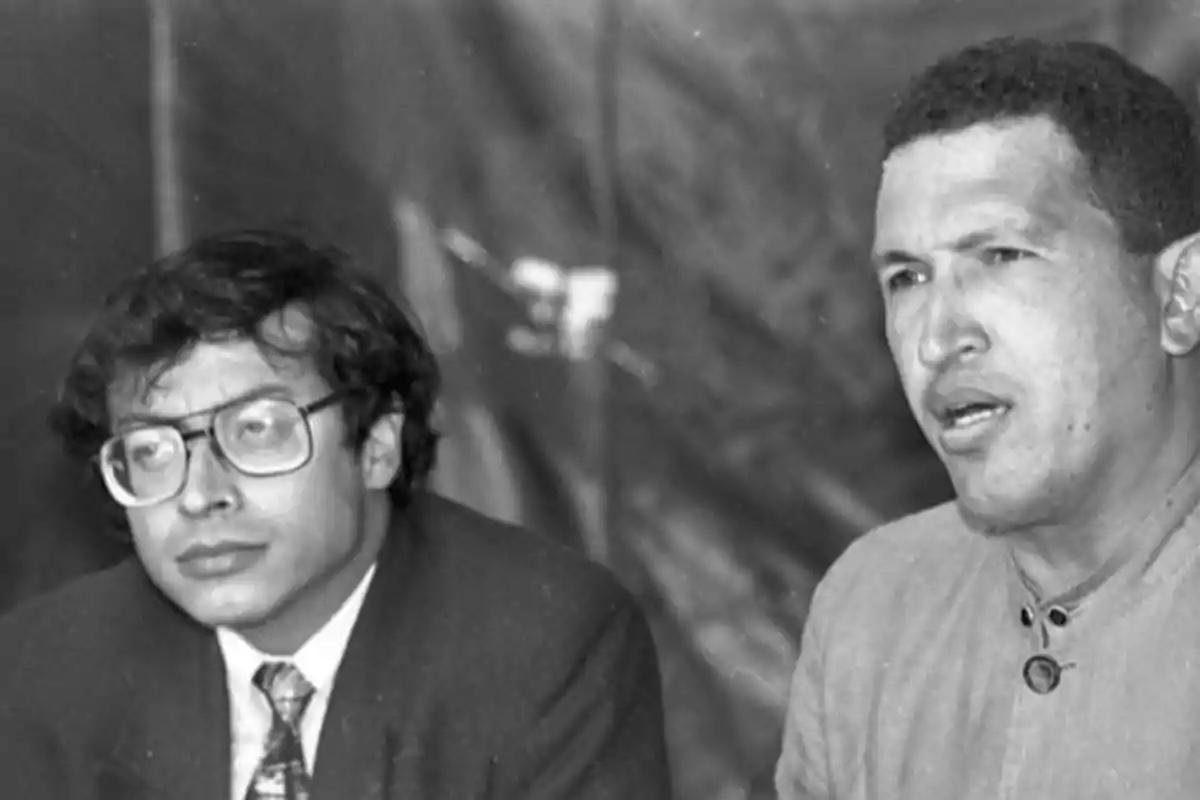
Colombia said NO to Petro's populism: the Senate halts his rigged referendum
The fall of the consultation represents an institutional victory against Petro's authoritarian and destructive project
In a tense day loaded with political symbolism, the Senate of the Republic rejected the popular consultation pushed by President Gustavo Petro, aimed at reviving his failed labor reform through the back door. With 49 votes against and 47 in favor, the Upper House put a stop to the advance of populism, an anti-democratic attempt that sought to deliver the final blow to the Colombian economy.
Petristas insultando en el Senado de Colombia
Since Petro came to power, his government has been a field of ideological experiments with failed recipes of 21st-century socialism. The economy has slowed down, foreign investment has decreased, and unemployment remains at worrying levels. Like every socialist, Petro has had no qualms about using other people's money to sustain a bread and circus model that condemns the country's future to hunger. Meanwhile, as poverty grows, the president promotes concerts, indiscriminate subsidies, and a messianic narrative that only feeds his ego and ambition for power.
A rigged consultation: the democratic disguise of an authoritarian project
Petro's attempt to call the people to the polls, through a consultation full of manipulated questions, was nothing more than a desperate resource to impose by plebiscite what Congress, with legitimate technical and legal foundation, had already rejected. It was an institutional monstrosity, as aptly described by the former Superintendent of Industry and Commerce, Pablo Felipe Robledo, who did not hesitate to point out the authoritarian and deinstitutionalizing nature of the project.

The defeat of the consultation was not only a setback for Petro but a victory of liberal democracy over the advance of statist populism. Neither threats, nor incendiary speeches, nor even Bolívar's theatrical sword served to twist the arm of an institutionality that—although battered—still has survival reflexes.
The firm opposition of the Senate sent a clear message: Colombia is not willing to become another victim of populist socialism. The country needs serious reforms, yes, but not under emotional blackmail or political spectacle. Politics can't become a stage where money is handed out like confetti while mortgaging future generations.
The fall of this consultation not only avoided an economic disaster but also sets an essential precedent to curb the delusions of power of a government that has confused leadership with caudillismo, and management with propaganda. Colombia deserves much more than bread for today and hunger for tomorrow.
More posts: